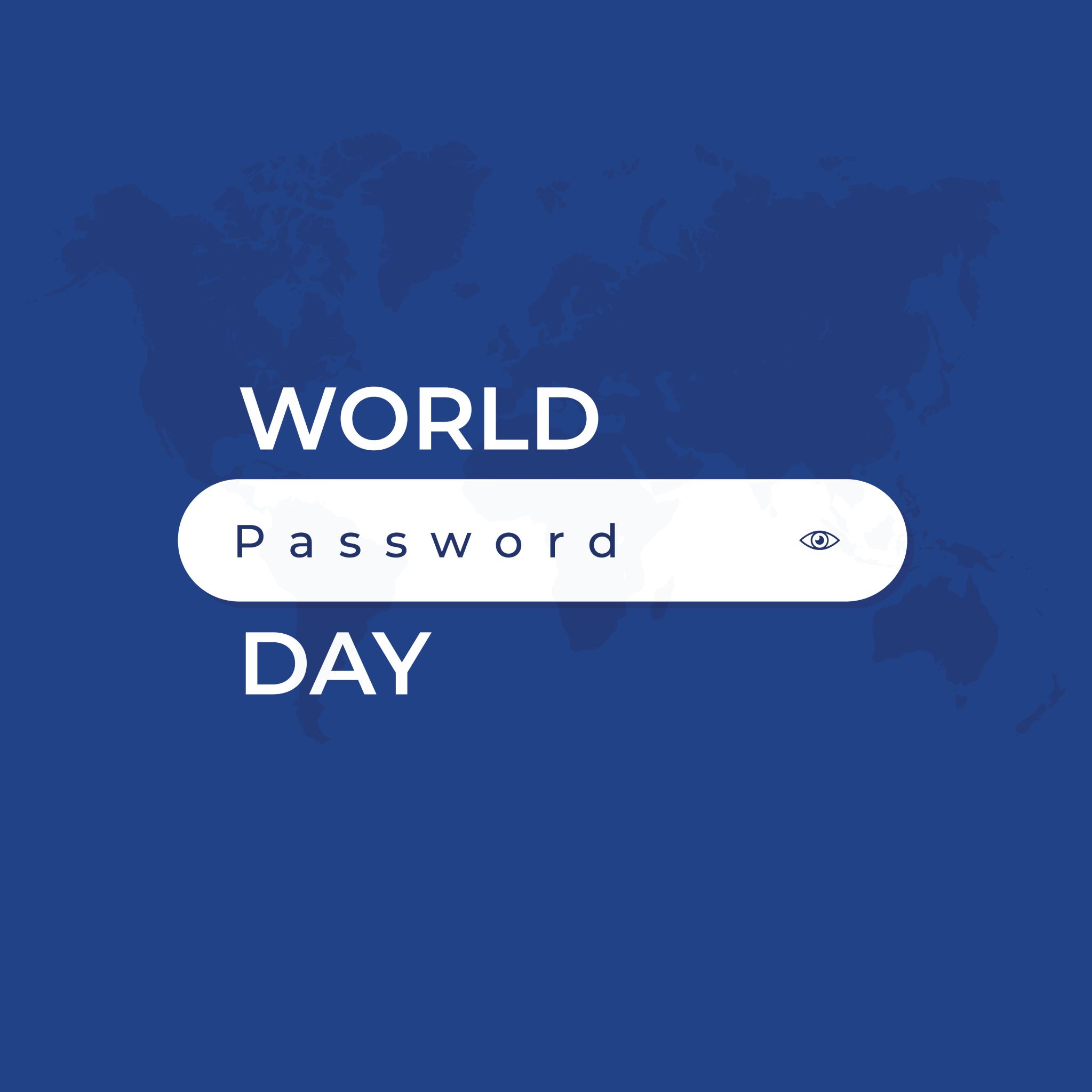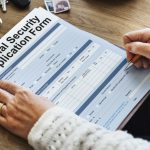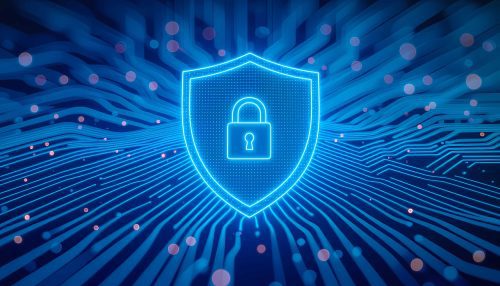It may not result in a parade or a reason for suspending alternate side parking, but the first Thursday in May (May 5 this year) is World Password Day. It’s a day not to forget.
What is World Password Day
The creation of World Password Day, established by Intel in 2013, was to promote better password habits. Passwords, after all, are the gatekeepers to our digital identities. It allows us to access online shopping, banking, social media, private work, and much of our communications.
Why it is Important to Change Your Passwords
Why should you be concerned about passwords and their role in protecting your data, particularly your financial data? Consider the following statistics:
- More than 2.5 billion accounts are hacked annually.
- This means that an estimated 6.5 million accounts are hacked daily, or 158 every second.
- Federal stimulus payments are an easy target for criminals and the number one COVID-19 scam.
- New credit card account fraud was the next largest identity theft scam, accounting for about 30 percent of all identity theft complaints.
- Of the 2.2 million fraud cases annually, 34 percent report losing money. Consumers report losing more than $3.3 billion to fraud, an increase of $1.5 billion from 2019.
- The median amount consumers paid in these cases was $311.
Only a little more than half of all Americans change their passwords immediately after a site they frequent has a data breach. This is in tune with the saying, “insanity is doing the same thing over and over again and expecting a different result.” Yet, the mere thought of coming up with (and remembering) another password is daunting. You’ve already used passwords with variations of names for your kids, pets, home addresses, schools, favorite sports teams, colors, etc.
The two most common passwords on the web are “123456” and “password,” which should indicate why there are so many security breaches. Additionally, about 1 in 8 people use the same password for everything. This is the equivalent of leaving your front door open (and posting signs with directions to your valuables).
How to Secure Your Passwords
Securing and tracking your passwords is vital. Here are some tips to consider:
- Increase the length and complexity of each password. This makes a difference when it comes to protecting your account. Incorporating uppercase and lowercase letters, special characters, and symbols into each password make it harder to guess at random and make you less vulnerable to hackers.
- Use a password manager. Are you tired of having to remember your different passwords? Password management software takes the pressure off. Generally, this requires creating one master password – which connects with different logins hidden in your password vault. Many password managers also encrypt passwords for an extra layer of protection. Once you log into the password manager, you can log in automatically to all your other websites. Meanwhile, the characters of your unique passwords are not visible. For more information on best password managers, read CNET’s article, Best Password Manager to Use for 2022.
- Protect your passwords. You wouldn’t leave the combination to your safe in a desk drawer, and you shouldn’t leave your passwords on your computer or phone. This is also why password manager software comes in handy.
- Use multi-factor authentication whenever possible. This is the process of protecting your digital password with a physical form of identification. It may be a fingerprint scan, a phone call, a text, or a code. It requires an extra step to access your account, but it significantly helps strengthen data security.
Maybe World Password Day should have a parade. It would certainly be an excellent way to drive home the message that passwords shouldn’t be taken for granted.
















